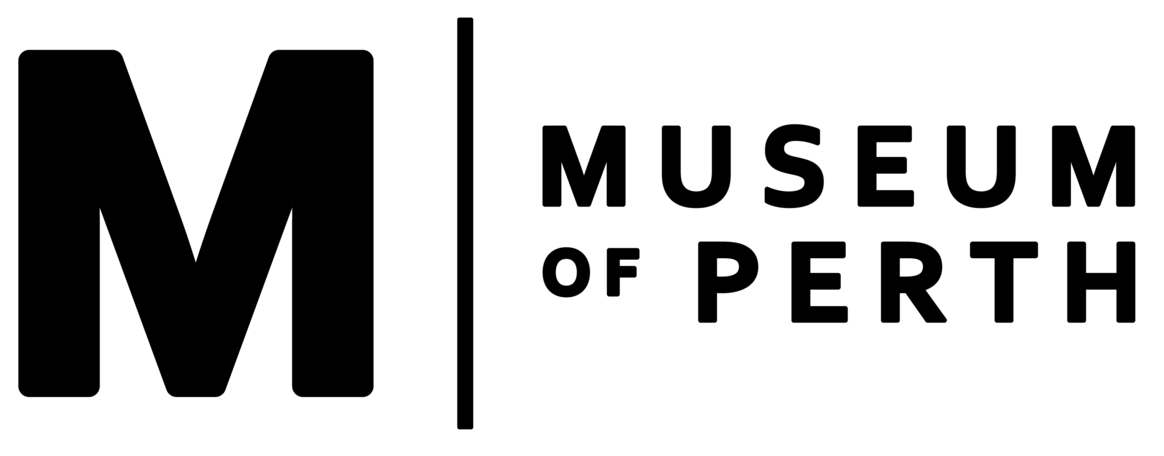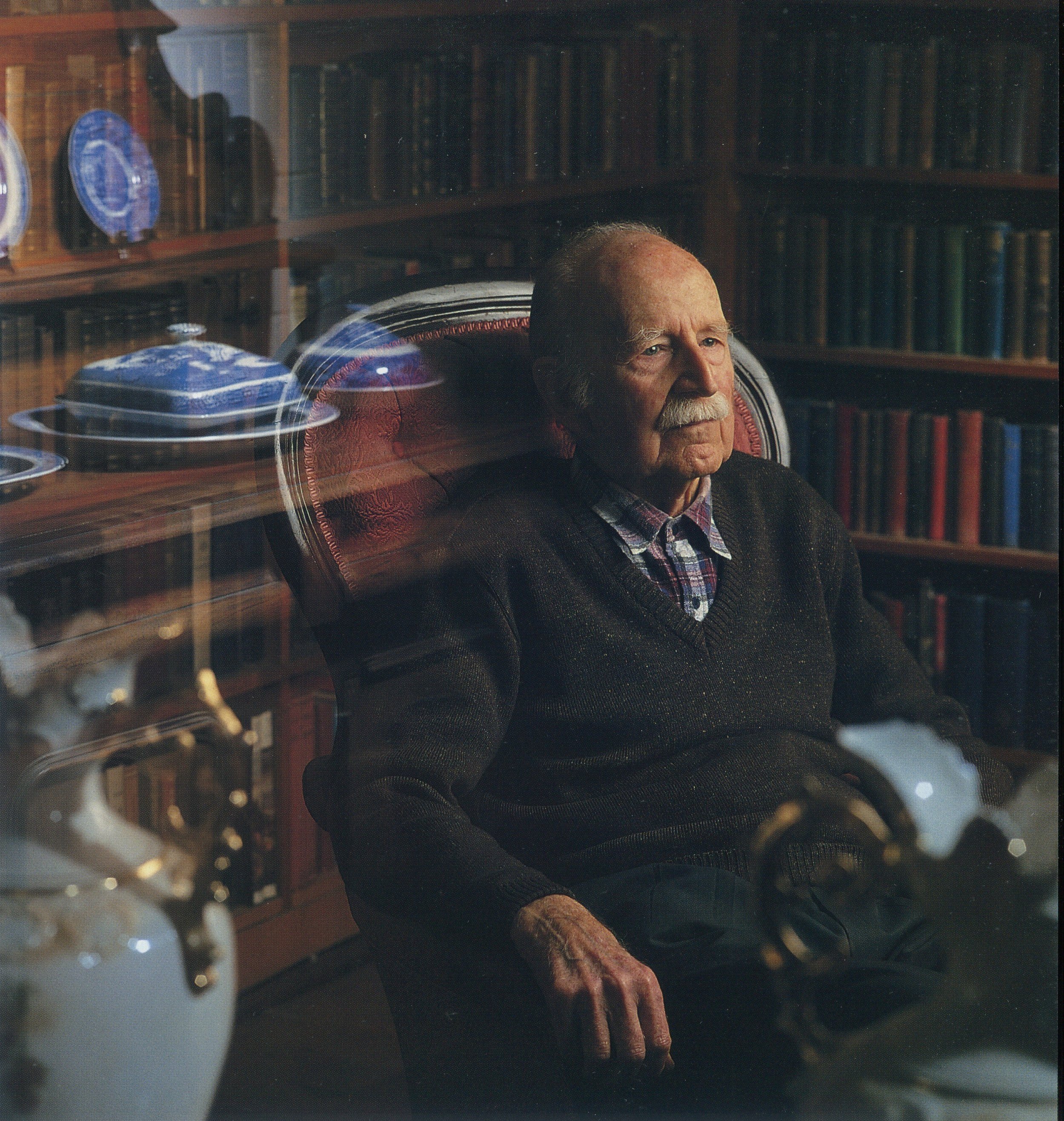Peter Cowan
“For his outstanding contribution to literature, his achievements as a short story writer, biographer and novelist and for his support through teaching and editing to generations of Western Australians.”
Born in Perth in 1914, Peter Cowan is one of Australia's foremost writers. His love of and loyalty to Western Australia, its people and its landscape, is the foundation for his life's work and his distinction as a writer. "Peter Cowan has almost half a century of writing and publication behind him. His knowledge of and feeling for the Western Australian landscape give his writing a unique flavour." Apart from three years in Melbourne and Adelaide in the 1940s, and visits to Europe and Asia, Peter Cowan has lived in Western Australia all his life. Peter is from a prominent family long established in this State and he has shown a lifelong dedication and commitment to our historical and literary discourse.
Peter could read and write before he attended school. At sixteen years of age he left school to work in an insurance office in Perth. Later he was employed as a farm labourer in the wheat belt region. Peter enjoyed the work and through it he developed a strong sense of the Western Australian landscape and the accompanying isolation. Isolation recurs as a theme in his short stories and novels. Peter matriculated from Perth Technical College and in 1938 went to the University of Western Australia, beginning his long and enduring association with academia.
Peter Cowan started writing in about 1939 and in 1944 his first book of short stories, Drift, was published. This was followed by The Unploughed Land (1958). "The stories are dominated by the difficulty of communication, frustration and denial in personal relationships, and the alienation of man from his environment in a context such as Australia's." While working as a teacher at Guildford Grammar School in 1941, Peter married Edith Howard. Between 1943 and 1946, they lived in Melbourne and Adelaide. Their only son, Julian, was born in Melbourne in 1946.
In the Eastern States, Peter became involved with other artists, writers and publishers. He had essays published in Angry Penguins, a contemporary journal published by John Reid in Adelaide and Max Harris in Melbourne. His work has links. with the artistic breakthroughs that followed post World War II. Artists like Boyd, Nolan, Tucker and Dickerson inspired Cowan to experiment with literary form, in particular the form of the short story. Surface realism gave way to a fresh and symbolic look at landscape. He developed a form of short story that moved beyond a "narrative yarn."
Cowan returned to Western Australia and completed a Diploma. in Education. From 1950 to 1962 he taught at Scotch College and later worked as a tutor and lecturer in the English Department of the University of Western Australia. In 1963 he received a Commonwealth Literary Fund Fellowship to write a novel, Summer. In this novel he tried to break away from the short story format while continuing to explore the theme of loneliness and alienation. Following this was Seed (1966), which focused on the isolation and frustration of a sprawling suburbia, an issue largely untouched at the time. Peter Cowan has a longstanding concern for the environment, and a keen dislike of urban growth is reflected in his writing. Throughout his career, Peter Cowan has remained experimental. He is self-effacing and chooses to pursue literary form rather than write for a particular audience. "His specialist style and his often painful subject-matter preclude the escapist reader." The reader becomes actively engaged in the process of understanding and questioning conventional assumptions to be ultimately rewarded with deep insight, imaginative power and compassion. It is Peter Cowan's penchant for testing the limits of his art, his dedication to the form, and his elegant whittling of language that have earned him the accolade of being a "writer's writer who has created a position at the leading edge of his crafts."
Peter Cowan has contributed much to the documented cultural history of this State. Aside from publishing several collections of short stories, novels, essays and editing numerous collections of fiction, he also came to research and write about his rich family history. He has written several biographies, including that of his grandmother Edith Dircksey Cowan, the first female member of an Australian Parliament and MLA for West Perth.
In 1964 Peter Cowan became a senior tutor at the English Department of the University of Western Australia. After his retirement he became an Honorary Research Fellow at the University, and co-edited the journal Westerly for a number of years. He was also instrumental in bringing about the first University course on Australian Literature in Western Australia. Peter Cowan was made a Member of the Order of Australia in 1987, received the Patrick White Award for an Australian Writer of great distinction in 1992, and in 1995 Edith Cowan University conferred its first Honorary Degree of Doctor of Philosophy upon him. His work has impacted on the life of generations of Western Australians and his vital and creative contribution to the intellectual and literary debate in this State is exemplary.
Reference; Elizabeth Jolley, "Silences and Spaces", in Bennet Bruce & Miller, Susan (Eds) Peter Cowan: New Critical Essays. Nedlands, WA, University of WA Press, 1992, p9. Don Lipscombe "Paradox of Peter Cowan", The Bulletin, Sept 10 1966, p 36. Peter Cowan interviewed in Peter Cowan (videorecording) research and interview, James Murdoch, produced by Peter Campbell, Australia Council, 1992.
Elizabeth Jolley, "Silences and Spaces", in Bennet Bruce & Miller, Susan (Eds) Peter Cowan: New Critical Essays. Nedlands, WA, University of WA Press, 1992, p15. Bruce Bennet, "Of Books and Covers: Peter Cowan", Overland, No.114, 62.
Peter Cowan

